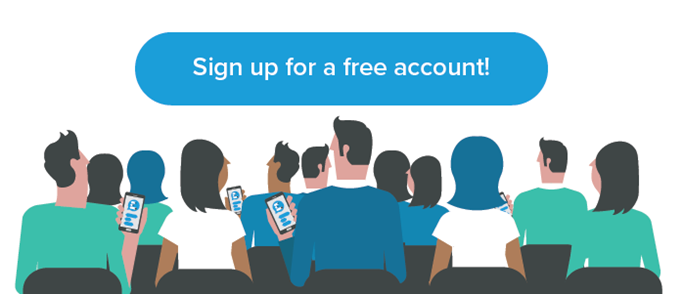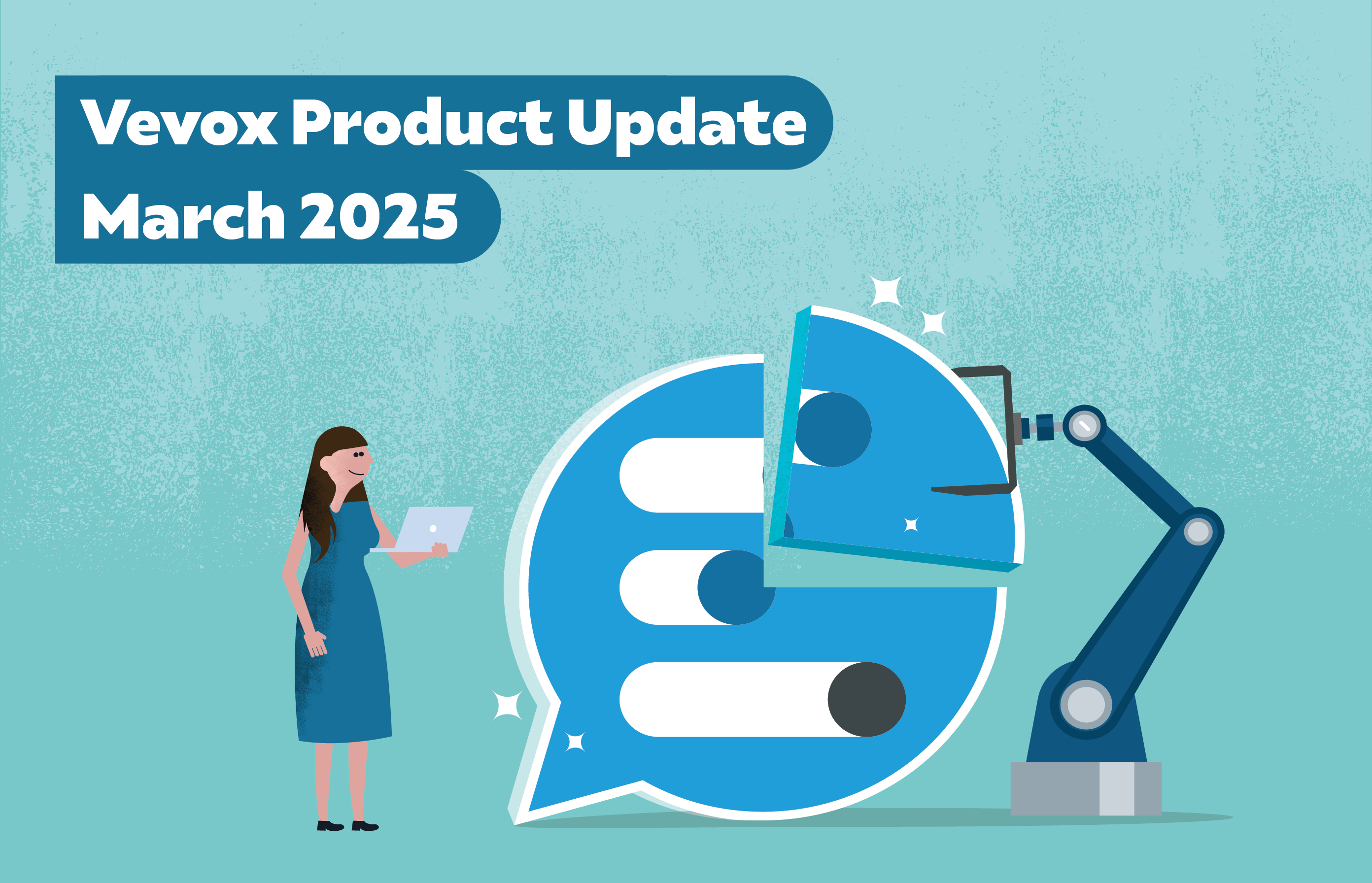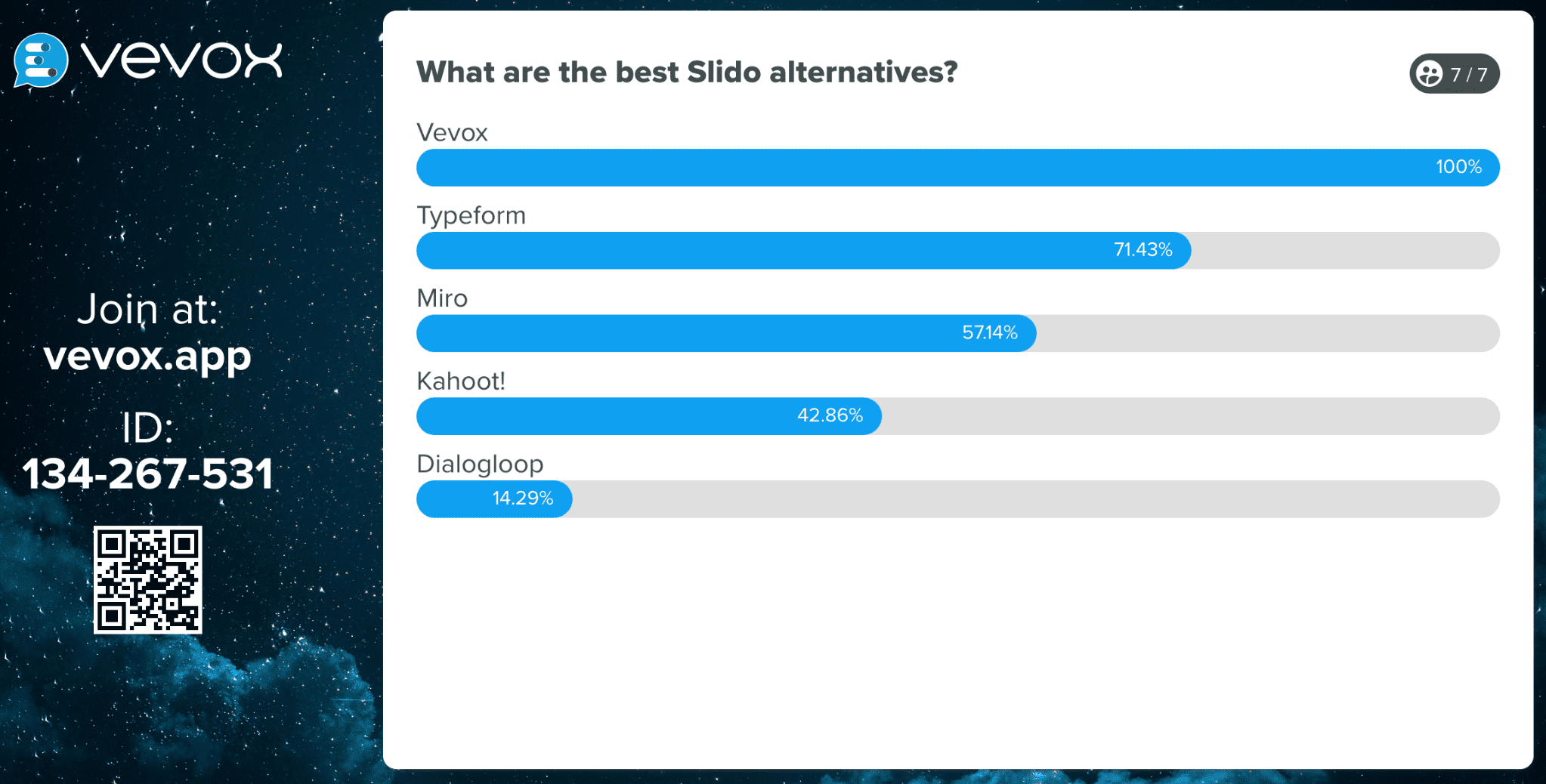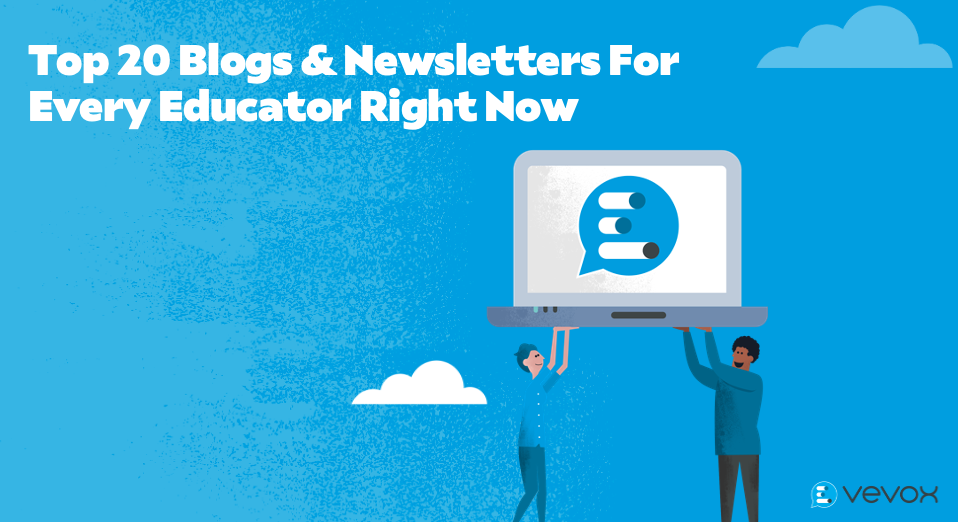Speaking as both someone who has used student response systems whilst at University and is now working for a company delivering a student engagement app, I have been able to see the clear benefits as to how this technology can positively impact students, lecturers and educational institutions.
I studied at the University of Southampton and have a clear recollection of the lectures I enjoyed and the exams I did well in. It was no coincidence that the modules that my fellow students and I achieved great results in were the ones that were highly engaging, helped me to understand and retain knowledge and that used student engagement technology like Vevox to make the lecture an enjoyable and memorable experience.
Student success is driven by teaching staff working hard to ensure that learning takes place and students have a responsibility too, to turn up and put in the work. Success comes more naturally in the classroom when students enjoy their chosen field of study, feel connected to their studies and feel motivated to learn in lectures/seminars and start to see their hard work pay off in an effort to pursue their chosen career paths. Here are 3 ways a student response system (SRS) can help to achieve this.
1. Boost Student Engagement
An SRS can help a lecturer engage a class of students and make the lecture an interactive experience. Using active learning methods with SRS features such as live polling and Q&A helps to engage your students by giving them a chance to voice their opinions and actively participate in the lecture. The most interesting lectures spark discussion and encourage feedback from students. Empowering your students through engagement and active learning increases success as students discover that the more they contribute the more they will get out of the lecture. Fight restlessness and waning attention spans by creating a more dynamic lecture that has breakout sessions with live polls and other interactive learning methods to keep students engaged and remain on track to succeed.
2. Increase Knowledge Retention
Using an SRS like Vevox for running quizzes or assessments through live polling helps not only to grab students’ attention but also helps them to gain knowledge instantly through active learning, therefore also increasing overall knowledge retention. Through identifying their own knowledge gaps students can clearly see what areas they need to spend more time on for revision. I remember just how impactful this teaching method was during my time at University. There is no better way to reinforce learning than by taking the occasional pop quiz. Live polling allows teachers to do this in the moment to great advantage for everyone.
3. Crowdsourcing Ideas
Allowing your students to share ideas or views in a group creates a collaborative learning environment which helps individuals to critically think about the topic at hand and to consider all sides of an argument. Critical thinking is essential in developing, investigating and presenting a thesis in a research project, something that is embedded into University courses, especially when preparing for dissertation or research project assessments.
A student response system that offers a discussion platform is a great way to create these peer to peer conversations, increase a shared learning community and maximise student participation. This way students can learn from other people views and experiences, as well as question common ideologies. Platforms like Vevox also offer students a way to 'like' and show support of other’s ideas, a quick and effective way to see clearly the most popular ideas in the lecture theatre.
SRS technology is the future of interactive learning experiences in lectures. With University rankings being so competitive, SRS technology can help to give University’s an edge through boosting student success.
Want to increase your student engagement then Why not try Vevox for Free?





